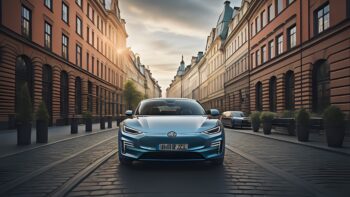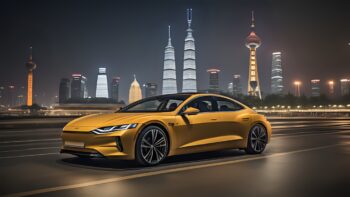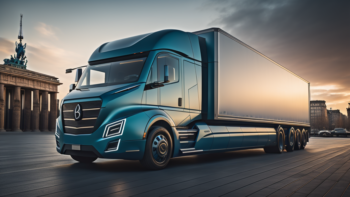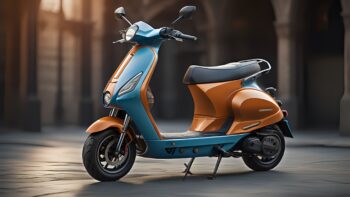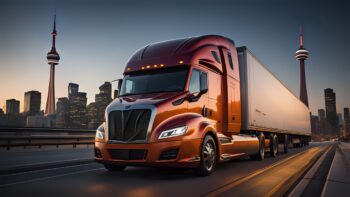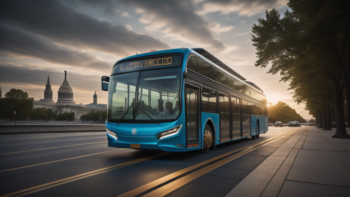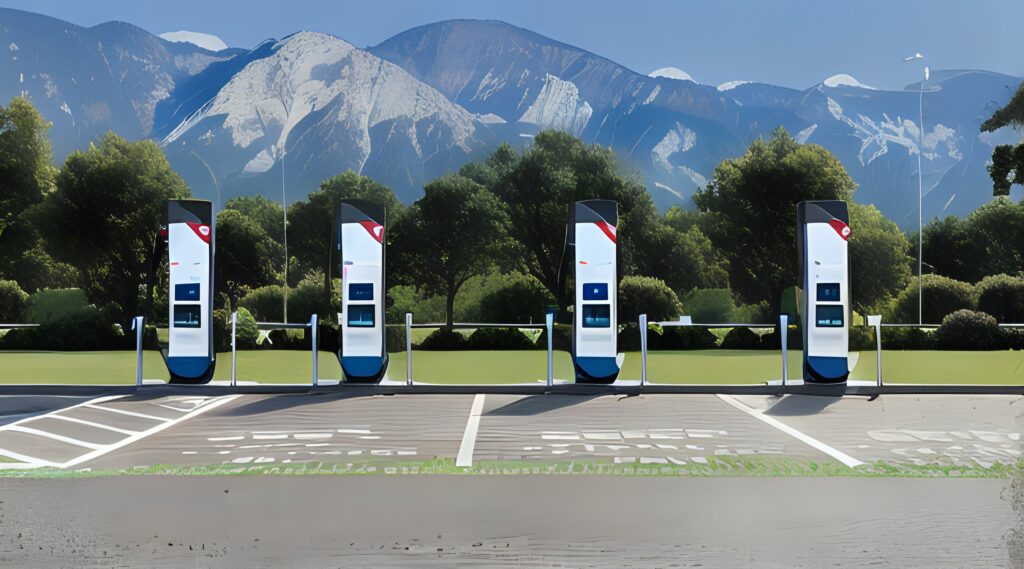
EV-Fast Charging Station (DC)
Listing Category by product
EV-Fast charging station (DC) manufacturers
EV-Fast charging station (DC) manufacturers specialize in creating high-powered charging solutions that utilize direct current, enabling rapid recharging of electric vehicles. With innovative features and compatibility with fast-charging standards, they play a vital role in driving the widespread adoption of electric mobility.
Exploring EV-Fast charging station (DC)
EV-Fast charging stations (DC) for electric vehicles (EV’s) play a crucial role in providing rapid charging solutions to EV owners, allowing them to recharge their vehicles quickly and efficiently. Unlike AC charging stations, which convert alternating current (AC) to direct current (DC) onboard the vehicle, DC fast chargers supply high-voltage DC electricity directly to the vehicle’s battery. This enables significantly faster charging speeds, typically ranging from 50 kW to 350 kW or more, depending on the charger’s capacity and the vehicle’s capabilities. Charging rates are measured in kilowatt-hours (kWh), indicating the amount of energy transferred to the vehicle during the charging session. DC fast charging stations are commonly found along highways, in urban areas, and at commercial locations, providing convenient access for EV owners on long-distance trips or during quick stops.
Key features and benefits
- Rapid charging: DC fast charging stations offer rapid charging speeds, allowing EV owners to replenish their batteries quickly and continue their journeys with minimal downtime.
- High power output: With power outputs ranging from 50 kW to 350 kW or more, DC fast chargers can deliver large amounts of electricity to the vehicle’s battery in a short amount of time, significantly reducing charging times compared to AC chargers.
- Convenience: DC fast charging stations are strategically located along highways and in urban areas, providing convenient access for EV owners in need of rapid charging services during long-distance travel or daily commutes.
- Compatibility: Most modern electric vehicles are equipped with DC fast charging capabilities, ensuring compatibility with the growing network of fast charging stations around the world.
- Scalability: DC fast charging stations are designed to be scalable, allowing for future expansion and upgrades to meet increasing demand for fast charging services as the adoption of electric vehicles continues to rise.
In the coming years, EV-Fast charging stations (DC) are expected to undergo significant innovations, driving advancements in charging speed, efficiency, and user experience.
Innovations EV-Fast charging stations
The future of EV-Fast charging stations (DC) for electric vehicles holds promising developments aimed at further enhancing charging speed, reliability, and accessibility.
- Ultra-fast charging: Innovations in charging technology will enable the development of ultra-fast DC charging stations capable of delivering even higher power outputs, potentially exceeding 500 kW, to further reduce charging times and accommodate next-generation electric vehicles with larger battery capacities.
- Battery cooling systems: Advanced thermal management systems will be integrated into DC fast charging stations to regulate the temperature of the vehicle’s battery during rapid charging, optimizing charging efficiency and prolonging battery lifespan.
- Integrated energy storage: EV-Fast charging stations (DC) may incorporate energy storage systems such as batteries or super capacitors to buffer and store electricity, enabling smoother power delivery and reducing strain on the grid during peak charging periods.
- Automated charging systems: Future DC fast charging stations may feature automated charging systems equipped with robotic arms or plug-in mechanisms, allowing for hands-free charging and improved user convenience.
- Smart grid integration: DC fast charging stations will be seamlessly integrated with smart grid technologies, enabling dynamic power management, demand response, and grid-balancing capabilities to optimize energy usage and reduce operating costs.
These innovations signify a promising future for EV-Fast charging stations (DC), playing a crucial role in accelerating the adoption of electric vehicles and supporting the transition to a cleaner, more sustainable transportation ecosystem.

